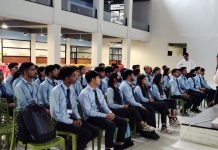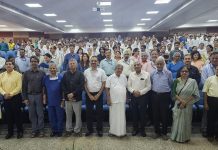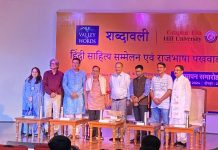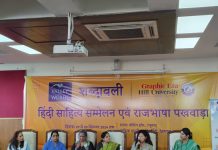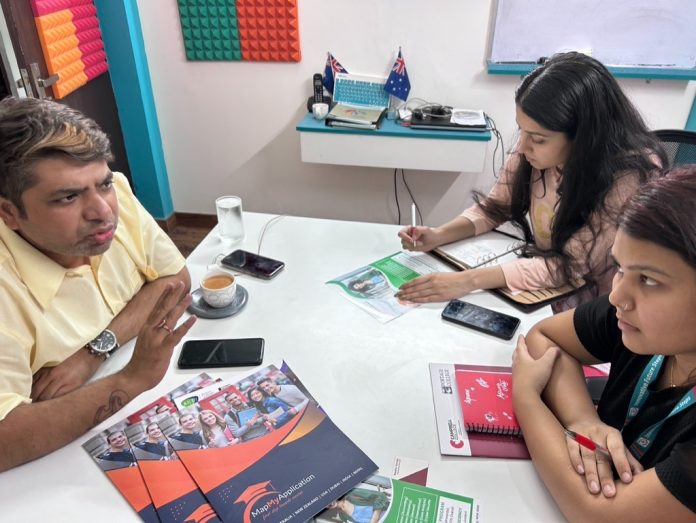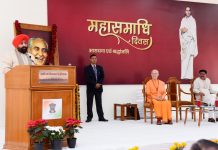Dateline Dehradun: Students making a beeline for further studies in any of these Australian universities of Federation University, Western Sydney University, Victoria University, Edith Cowan University, the University of Wollongong, Torrens University including agents affiliated with Southern Cross University might need to re-think.
Amidst surge in ‘fraudulent applications’ from Uttarakhand, Haryana, Gujarat, Uttar Pradesh and Jammu and Kashmir there has been a noticeable tightening of scrutiny on Indian students’ applications in the above mentioned universities in Australia.
Over the years, unethical agents from certain areas of the country submitting fake and fraudulent documents has led five Indian States to be highlighted as ‘high-risk.’ However, this approach has drawn wide-spread criticism for its generalized nature that contradict the very principles of equal opportunity and fairness that Australia upholds.
Uttarakhand students impacted
Mr. Ravinder Virmani, Director of Innovative Future Steps, a prominent overseas education consultancy in Dehradun, expressed his concerns stating, “it is grossly unfair and discriminatory to ban an entire state. Not all students or educational institutions from these regions engage in unethical practices. We put checks and balances in place to ensure a seamless and transparent process is in place. Our consultancy is based on honesty, transparency and reputation and that is why we have a 98% visa success rate.”
Suggestions have come in from all quarters: Instead of implementing a blanket ban, educational providers can adopt more rigorous measures to verify applications, leveraging the existing Genuine Temporary Entrant (GTE) mechanism to identify potential fraudulent individuals. Implementing checks and balances at various levels, including agents, EduTech portals, education providers and the Department of Home Affairs (DHA.”
Concern has grown over how unethical and dishonest players within India have tarnished the reputation of the industry. Virmani further added, “Students and parents must understand that following unethical advice or engaging in dishonest practices recommended by unscrupulous agents or consultants can negatively impact their child’s future. It is crucial to prioritise the student’s genuine educational aspirations over deceptive “package” deals that serve as a scam.”
With the Indian Ministry of External Affairs taking note of the situation, it is expected that the Australian government will urge the universities to reconsider their decision as denying genuine students from high-risk regions equal opportunities would be unfair.




























